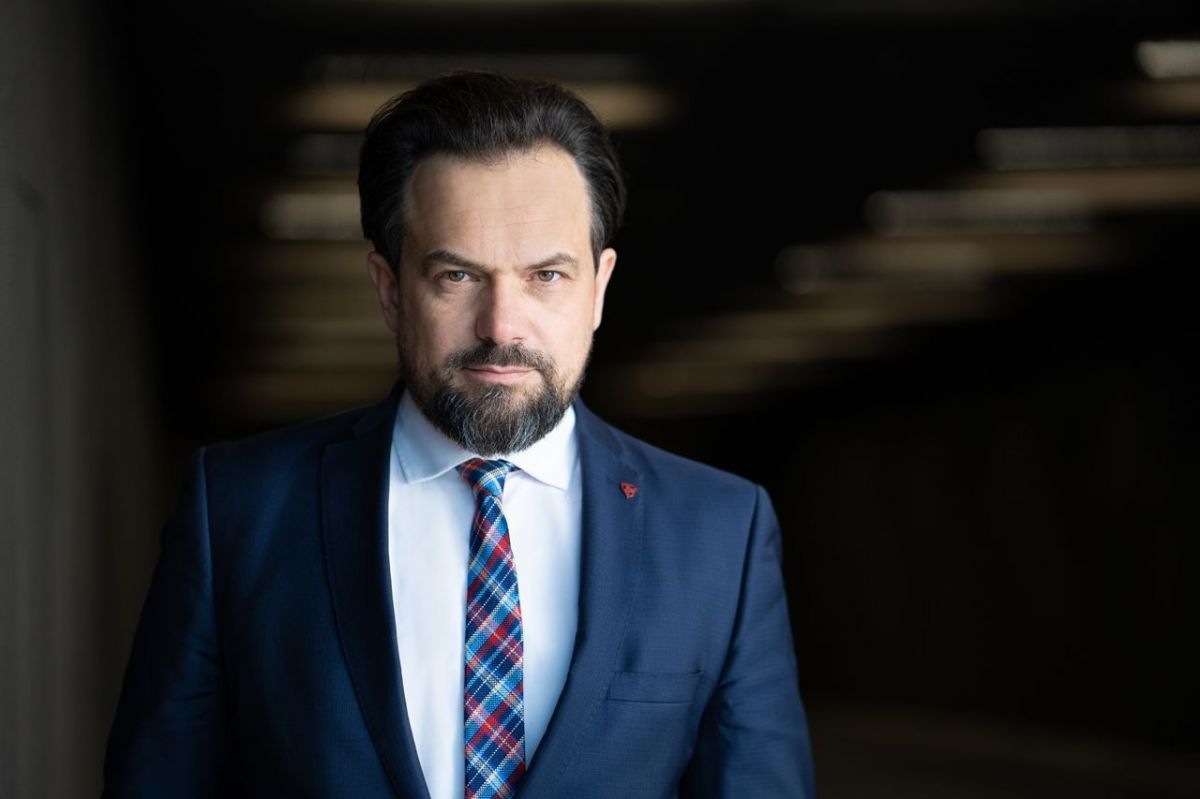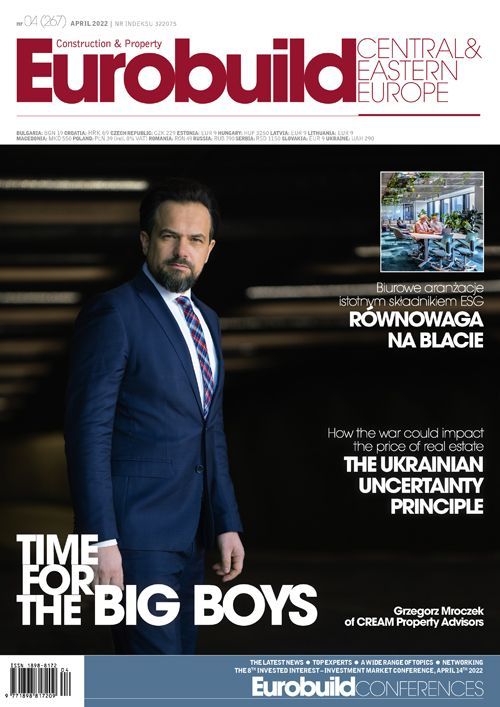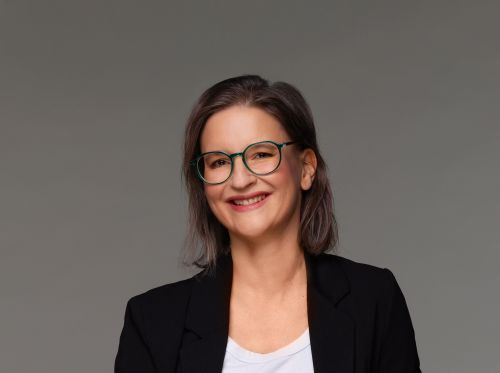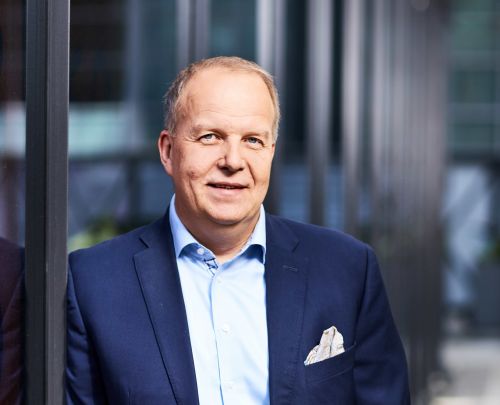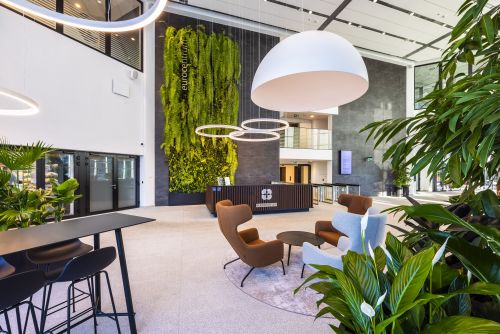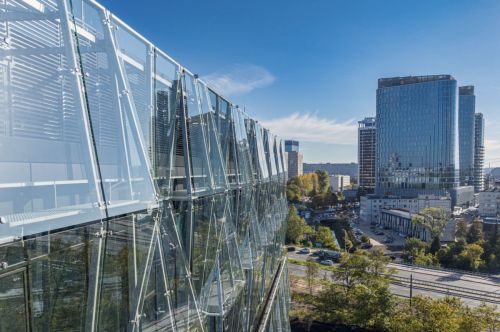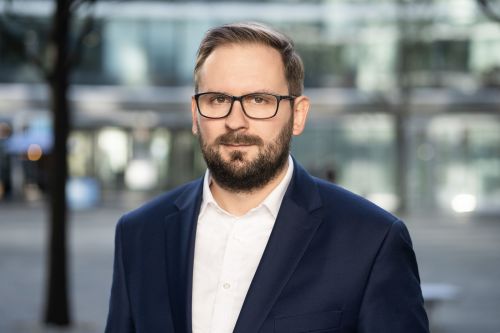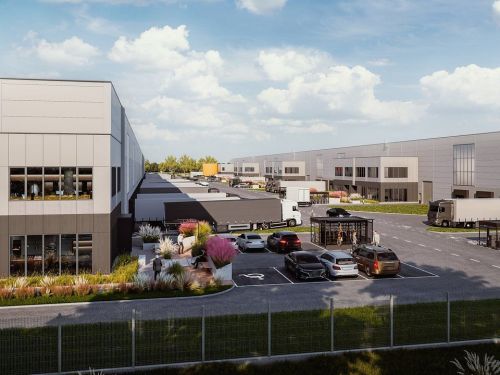Tomasz Cudowski, ‘Eurobuild CEE’: Your company was supposed to be celebrating its 20th year of operations, but it’s not turned out to be a very jolly anniversary.
Grzegorz Mroczek, the vice-president of CREAM Property Advisors: Unfortunately, what happened on February 24th was a shock for us all, forcing us to reassess our priorities. Thousands of firms and private individuals are helping refugees and we, too, are playing a small part in this. We’ve supported Polish Humanitarian Action with cash donations. On the ground floor of our office building a humanitarian centre for 200 people has been set up, which we help to keep operating on a daily basis by making small purchases, and we have also undertaken to buy washing machines and dryers for refugee centres. But this is just a drop in the ocean when you look at their needs, so if systematic changes are not made we are going to face the spectre of a humanitarian disaster.
How do you think this situation is s
